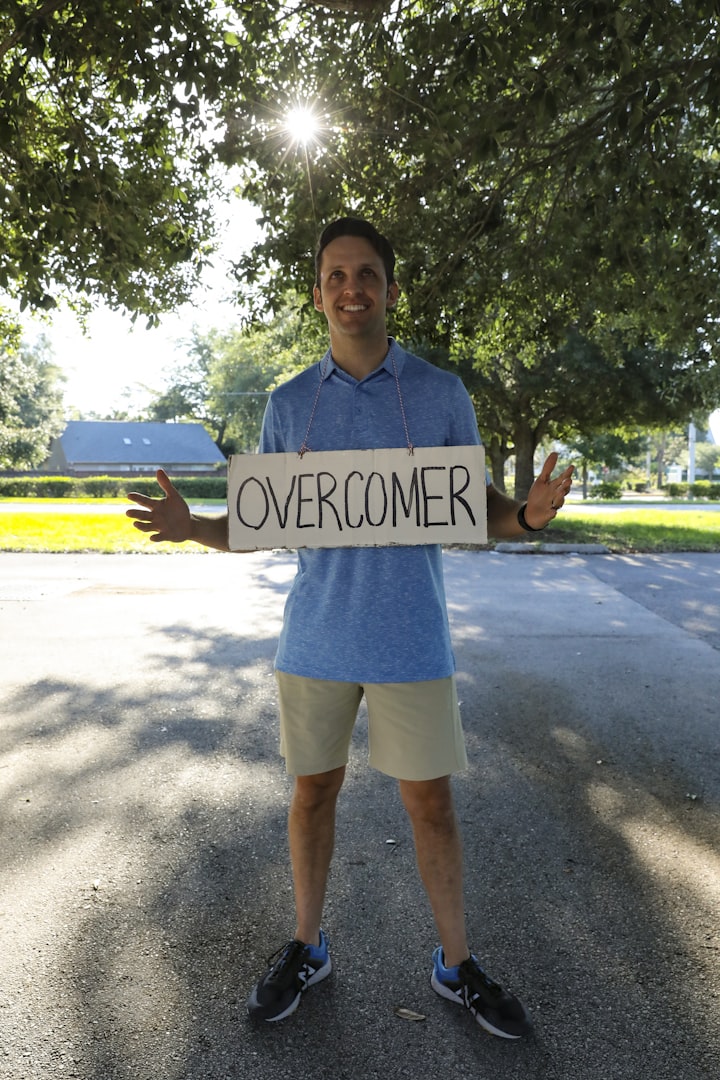How to overcome your mistakes.
psychology of failure

More than 400 individuals were recruited to learn an enigmatic, fictitious language for a study conducted in 2019.
Participants were tasked with identifying three pairs of glyphs; for instance, one of the two figures depicted an animal.
Then, following a short intermission, they were presented with queries regarding the same rune pairs but inverted: for instance, which of these two runes symbolizes an inanimate entity?
However, this game concealed a secret: the meanings of the symbols in round two were determined by the subjects' responses in round one.
During the initial round, participants were either required to fail every question or had all of their answers marked as correct, irrespective of the outcome.
This resulted in each participant having an equal quantity of information at the break, and they resumed their gameplay in round two.
Notwithstanding this equitable environment, the individuals who performed well in the initial round ascended to the pinnacle of the rankings, while those deemed unsuccessful continued to, well, fail.
Failure is frequently characterized as a teachable moment—an unavoidable setback that facilitates personal growth.
However, it can be difficult to learn from our errors, particularly when those failings are disheartening, overpowering, or simply perplexing.
Therefore, precisely what hinders us from transforming our errors into expertise?
Possibly the most apparent obstacle to learning from mistakes is the agony that can result.
The desire of most individuals is to believe that they are competent and capable; failure, in this regard, undermines that perception.
After undergoing a survey subsequent to a replication of the rune study, individuals assigned to the failure group reported significantly diminished levels of self-confidence.
There is a temptation to label this discomfort as a transient obstacle.
However, research indicates that when individuals experience feelings of demoralization or incompetence, their cognitive processes frequently cease to assimilate novel information.
This implies that a significant hazard to one's self-esteem has the potential to impede the acquisition of knowledge.
Nevertheless, your attitude toward failure is also influenced by your connection to the given task.
A set of American students enrolled in introductory and advanced French courses were surveyed by researchers in 2011.
The students responded to a questionnaire in which they were asked to indicate whether they preferred a teacher who emphasized their successes and strengths, or one who pointed out their errors and corrected their weaknesses.
Overall, the responses indicated that although novice students preferred positive reinforcement, more experienced students were more receptive to critical feedback.
Scholars have postulated several potential explanations for these findings.
Novices are still in the process of determining whether or not they wish to continue studying French and whether or not they appreciate the process; therefore, they may seek praise to maintain motivation.
Conversely, since the advanced students have already invested, they may be motivated to maximize the efficiency with which they enhance their abilities.
Additionally, acquiring expertise entails a certain degree of setbacks; therefore, the advanced pupils might have developed a greater capacity to endure errors.
Understanding one's successes is typically much simpler than understanding one's failures, regardless of one's level of expertise.
For instance, consider receiving a recalculation of your exam grade.
You could reasonably presume that you made sound decisions regarding when, what, and how much to study if you achieved an ace on the exam; you could then apply those decisions to your performance on the subsequent examination.
Nevertheless, failure could be attributed to a multitude of factors.
It is possible that without sufficient preparation, you studied the incorrect material, or even if you performed flawlessly, the examination included topics that were not within the scope of what was expected of you.
In situations such as this, the precise cause of the error remains ambiguous, thereby impeding the acquisition of knowledge regarding potential improvements.
The desire to acquire knowledge from our mistakes is an inherent human inclination, and developing a growth mindset and resilience can yield significant benefits.
However, becoming fixated on one's failures may result in the forgetting of one's successes.
Moreover, it can be more effective to improve upon what you are doing well rather than fixating on mistakes.
Produced utilizing https://kome.ai





Comments
There are no comments for this story
Be the first to respond and start the conversation.